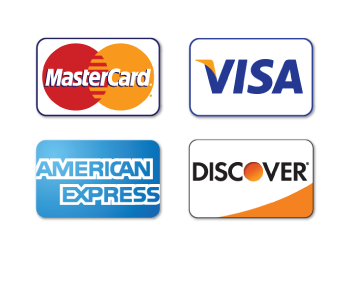What To Do If You Are In An Auto Accident
Stop Your Car
If the collision is minor, your blocking traffic, and you can safely move your car to the side of the road, please do. Do not allow your car to obstruct traffic if it can be safely moved. If the collision is serious, your car is inoperable, or people are hurt, leave your car at its place of rest.
Unhook Your Seatbelt, Assess The Situation And Help The Injured
Call an ambulance and give first aid to those who are hurt if you are qualified. Remember to identify the nearest intersection or mile marker if available for the ambulance dispatcher and note your direction of travel at the time of the collision.
Protect Yourself And Others At The Scene
It is not uncommon for a second collision to occur shortly after an accident occurs. Stay out of the road and warn approaching cars by turning on your car’s hazard warning lights. At nighttime, place flares or reflectors on the road if you have them.
Call The Police
Exchange Information With The Other Driver
Don’t argue with the other driver about whose fault it was. Get The Following Information:
1. The name, address, phone number, cell phone number, driver’s license number, name of insurance company, and policy number for the other driver and the owner of the car if not the driver.
2. The name, address, and phone number of every passenger in the other car.
3. The name, address, and phone number of every witness.
Do Not Admit Responsibility!
Do not admit responsibility for the accident to the police, the other driver, or anyone. This includes the words, “I’m sorry.” If you make a claim against the other driver (or owner) for property damage or bodily injuries, you will hear every word you said at the accident scene repeated back to you, especially if it hurts your claim.
Investigate
If you have a smart phone or camera, take photographs. You can’t take too many. Be methodical and take pictures in a 360° circle all around your car and the other driver’s car. Make notes about the weather conditions, road conditions, street lights, and length of skid marks. Also make a diagram of the accident noting the location of the vehicles at impact and final rest, stop signs, and traffic signals.
Get Medical Treatment If You Are Injured Or Think You Might Be Injured
Under Florida PIP law, you must get your initial treatment for injuries incurred in an automobile collision within 14 days of the date of the accident. Otherwise, you will lose your PIP coverage for that accident. You will be allowed PIP benefits of $10,000 only if your medical provider diagnoses you with an “Emergency Medical Condition (EMC).” If you are not diagnosed with an EMC, you will be entitled to only $2,500 of PIP benefits. When visiting the doctor, give him or her your automobile insurance policy number first before providing any health insurance policy information. In Florida, PIP is primary, which means it pays first before all other insurance. Once the limits of your PIP benefits have been reached, your health insurer should step in as the primary insurer for your medical expenses. Do not settle any claims for bodily injuries caused by the accident until your doctor has advised you about the extent of your injuries and you have conferred with an attorney.
Notify Your Insurance Agent
Even though the other driver (and owner) may be responsible for the damage to your car and bodily injuries, you should contact your insurance agent as soon as possible after a collision and report it. Your insurance company may have grounds to deny coverage if you fail to give prompt notice of the accident. If you were at fault, your liability insurance should pay for any injuries or property damage sustained by the other driver and passengers. Under most automobile liability policies, you have a duty to cooperate with your insurance company. If you don’t, it can deny you coverage. If the other driver is at fault but is uninsured, your insurance may pay for damages to your car (collision coverage), your medical expenses not covered by PIP (medical payment coverage), and even for your pain and suffering (if you have uninsured motorist coverage).
Call Your Lawyer
Your attorney’s job is to advise you about your rights and responsibilities. Call David Switalski as soon as you can. Sometimes it might be from the accident scene; other times it may be from the hospital. David Switalski can respond to the questions from all insurance adjusters involved and help you recover compensation for your personal injuries and damages to your car.
